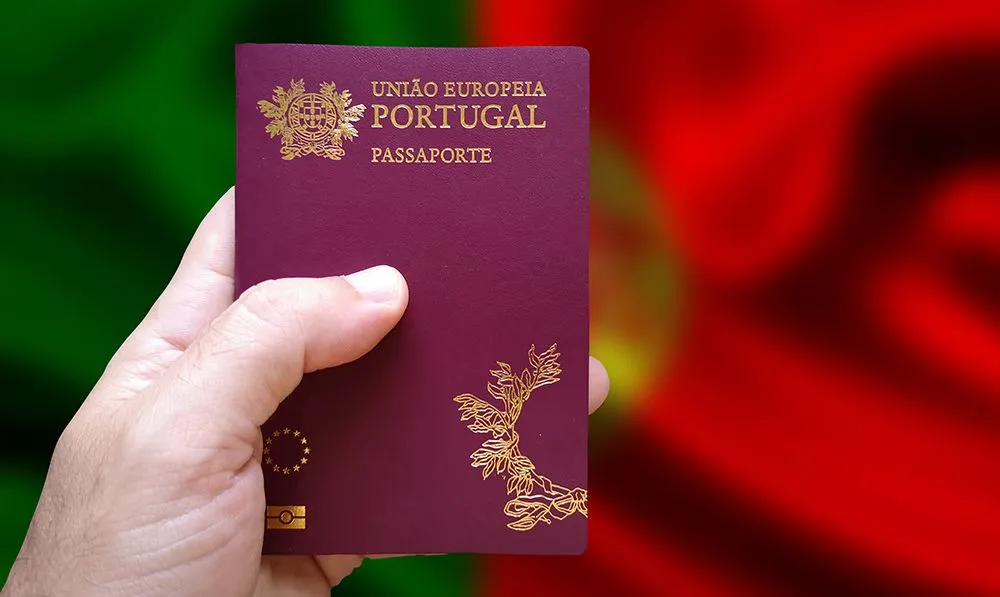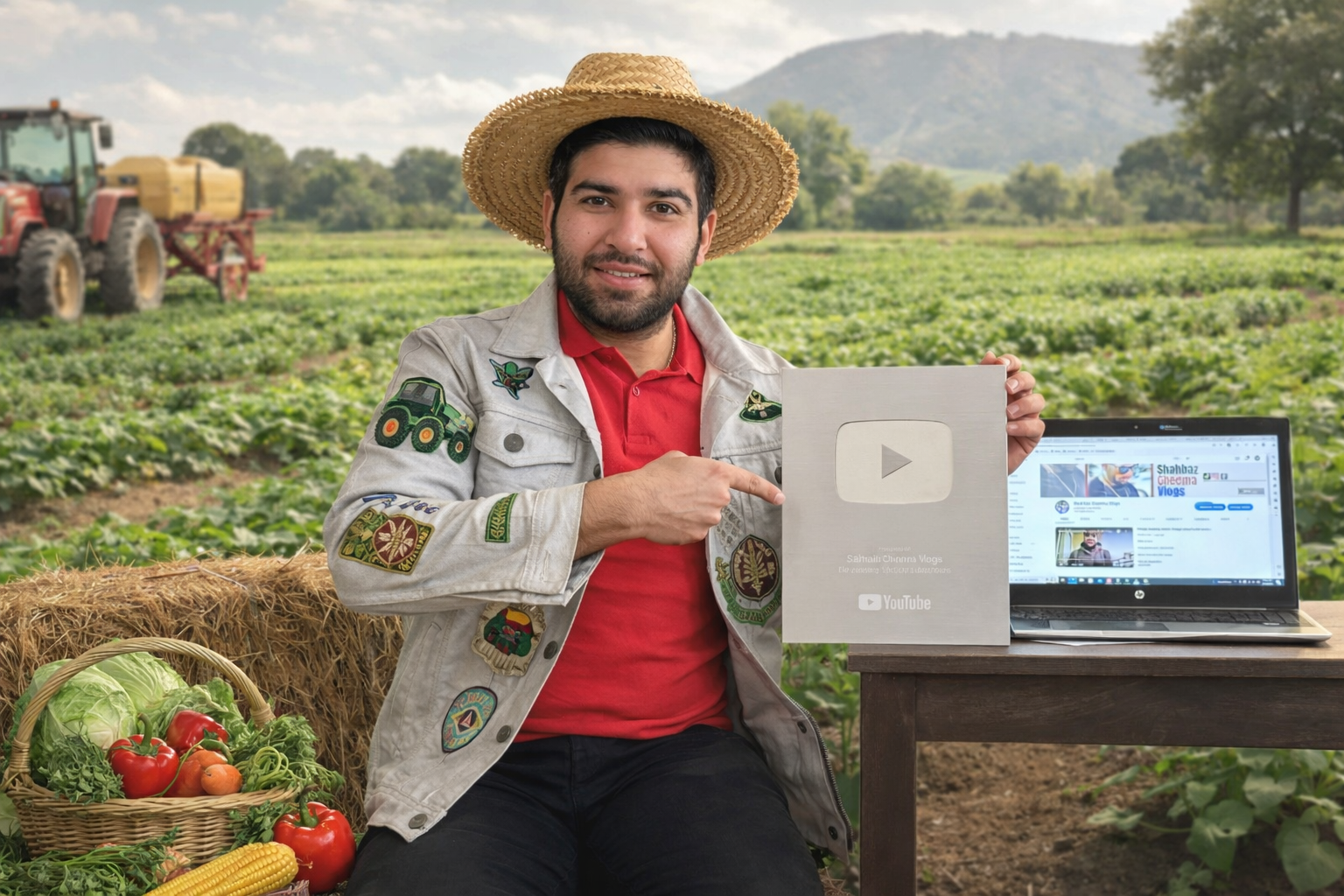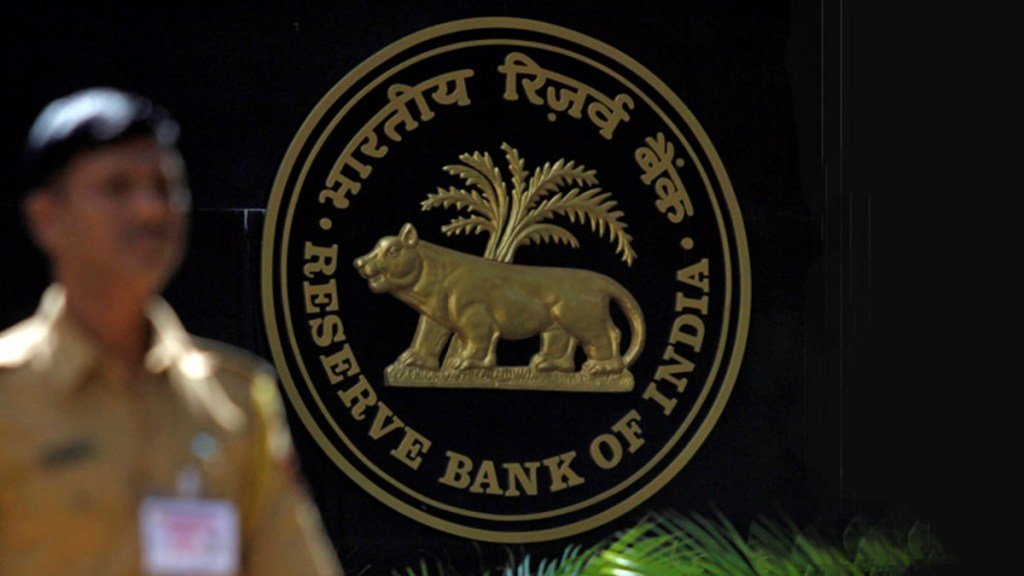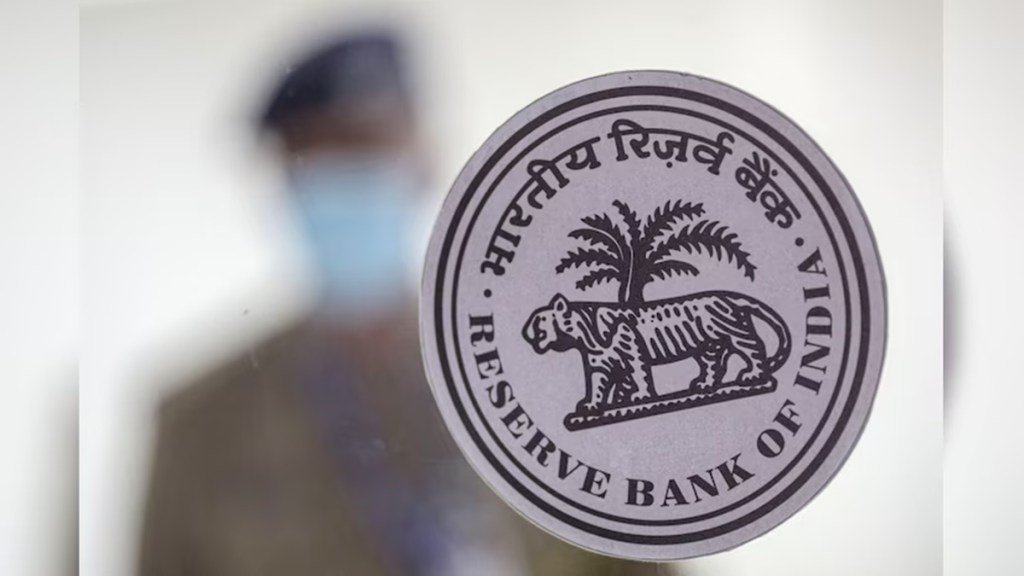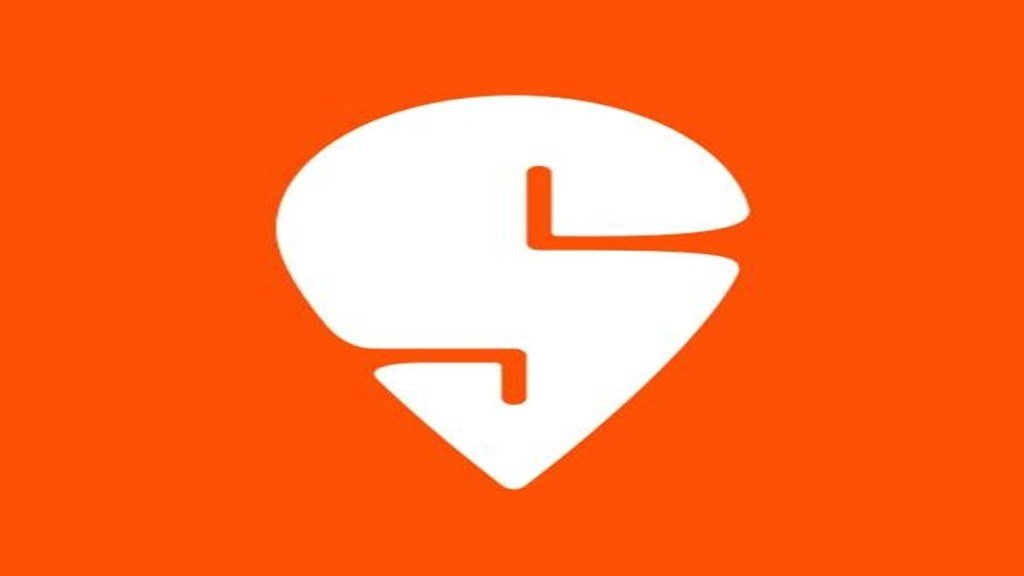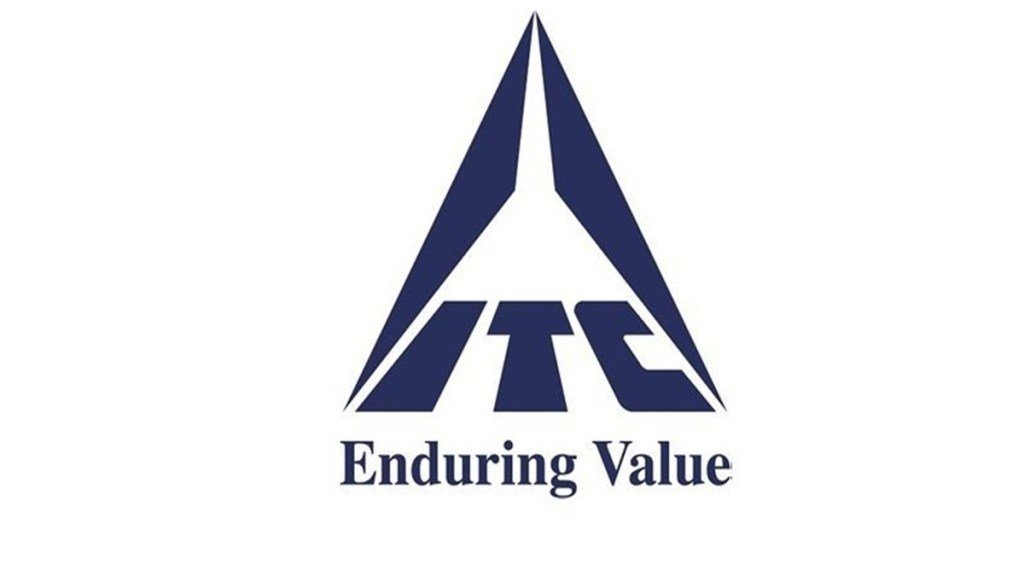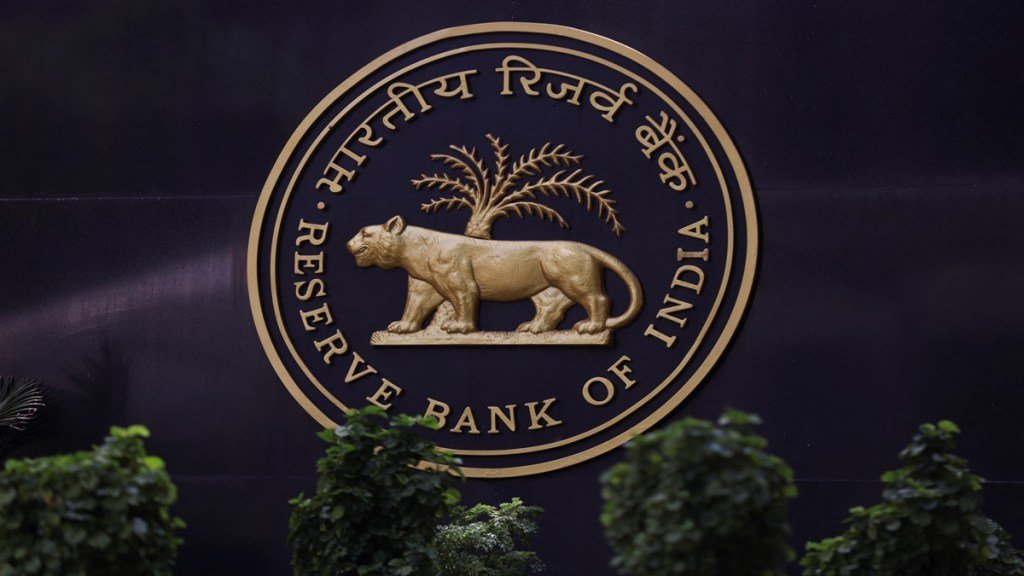
If you’re a skilled professional planning to move to New Zealand, understanding how your qualifications align with the country’s education and immigration system is essential. A key part of this process is the New Zealand Qualifications and Credentials Framework, which recognises and ranks educational achievements from both New Zealand and overseas.
This framework, overseen by the New Zealand Qualifications Authority, helps assess the level and quality of your education. It includes a range of learning types—from traditional qualifications like degrees and certificates to newer options such as micro-credentials. It’s designed to ensure transparency, quality, and consistency across all forms of learning.
For international workers, the framework plays an important role in determining visa eligibility and helping employers understand the value of overseas qualifications. Work visas such as the Accredited Employer Work Visa and Skilled Migrant Category often require that your qualifications meet a specific level on the framework. This makes it easier to match your education with the requirements of jobs in New Zealand.
The framework is divided into ten levels, with Level 1 representing basic certificates and Level 10 representing doctoral degrees. As you move up the levels, the complexity of skills and knowledge increases. Micro-credentials can appear at any level and are designed to quickly build targeted capabilities in a specific area.
If you completed your education outside New Zealand, your qualifications may need to be officially assessed to determine their equivalence within this system. This is done through the International Qualification Assessment service, which is managed by the same authority that maintains the framework.
Some job advertisements in New Zealand will specify which level of qualification is required, so knowing where your education stands can help you apply for roles more confidently. If your current qualification doesn’t meet the level required for a job or visa, there are pathways available to continue your education in New Zealand to meet the criteria.
The framework also reflects the country’s commitment to its cultural roots by recognising Mātauranga Māori, the traditional knowledge systems of the Māori people. This inclusive approach ensures that indigenous knowledge has a respected place within education and employment pathways.
For those ready to begin their journey, the first step is to find out how your qualifications compare on the framework, using tools or assessments provided by NZQA. Then, you can search for job opportunities that match your skills and educational level, and apply for a visa that supports your employment goals in New Zealand.


